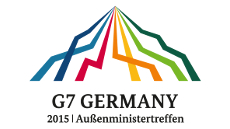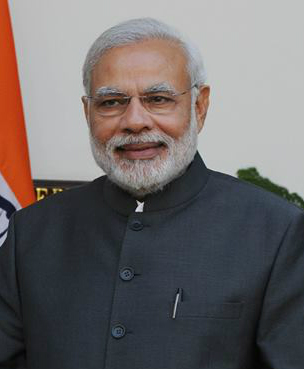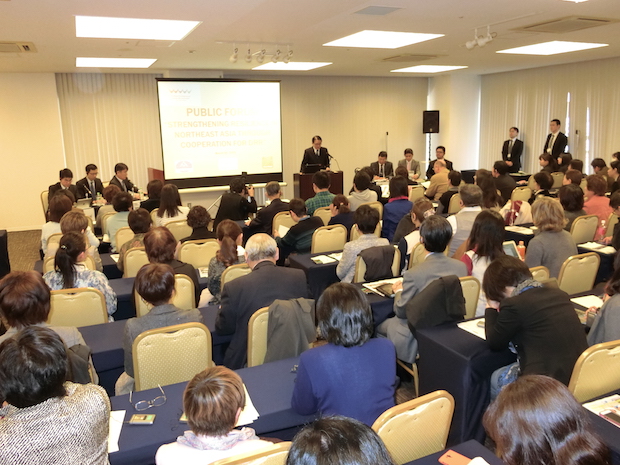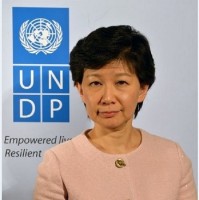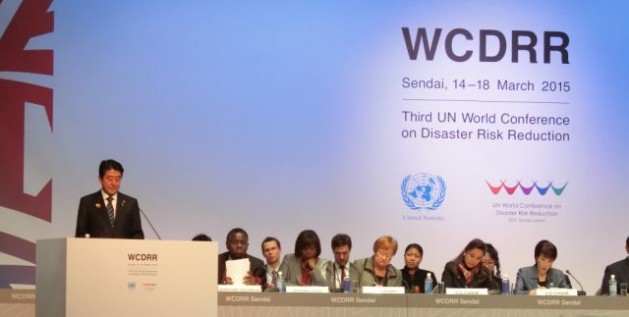By Ramesh Jaura | IDN-InDepthNews Analysis
BERLIN (IDN) – In run-up to the four-week-long quinquennial review of the landmark Nuclear Non-Proliferation Treaty (NPT), the goal of a Middle East free of the weapons of mass destruction (WMD) and their means of delivery remains a distant dream. And so does the Helsinki Conference that should have been convened in December 2012.
All indications are that also the Foreign Ministers of the Group of Seven (G7) influential countries of the world – Canada, France, Germany, Great Britain, Italy, Japan, and the United States – do not see a silver lining on the horizon. They met ahead of G7 summit June 7-8.

